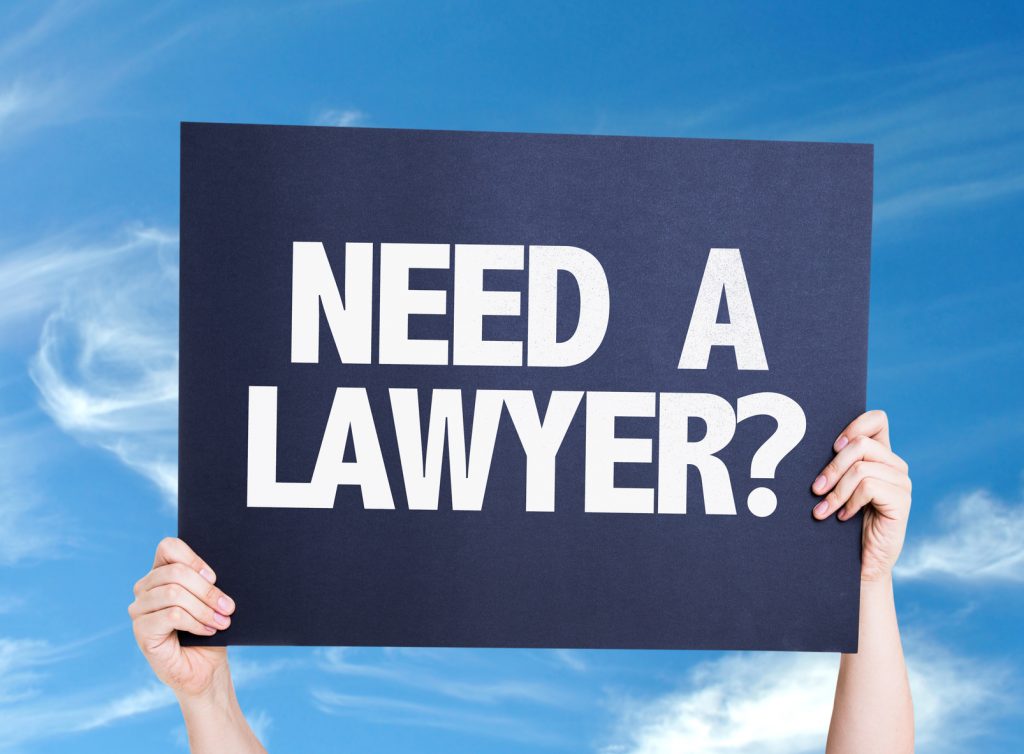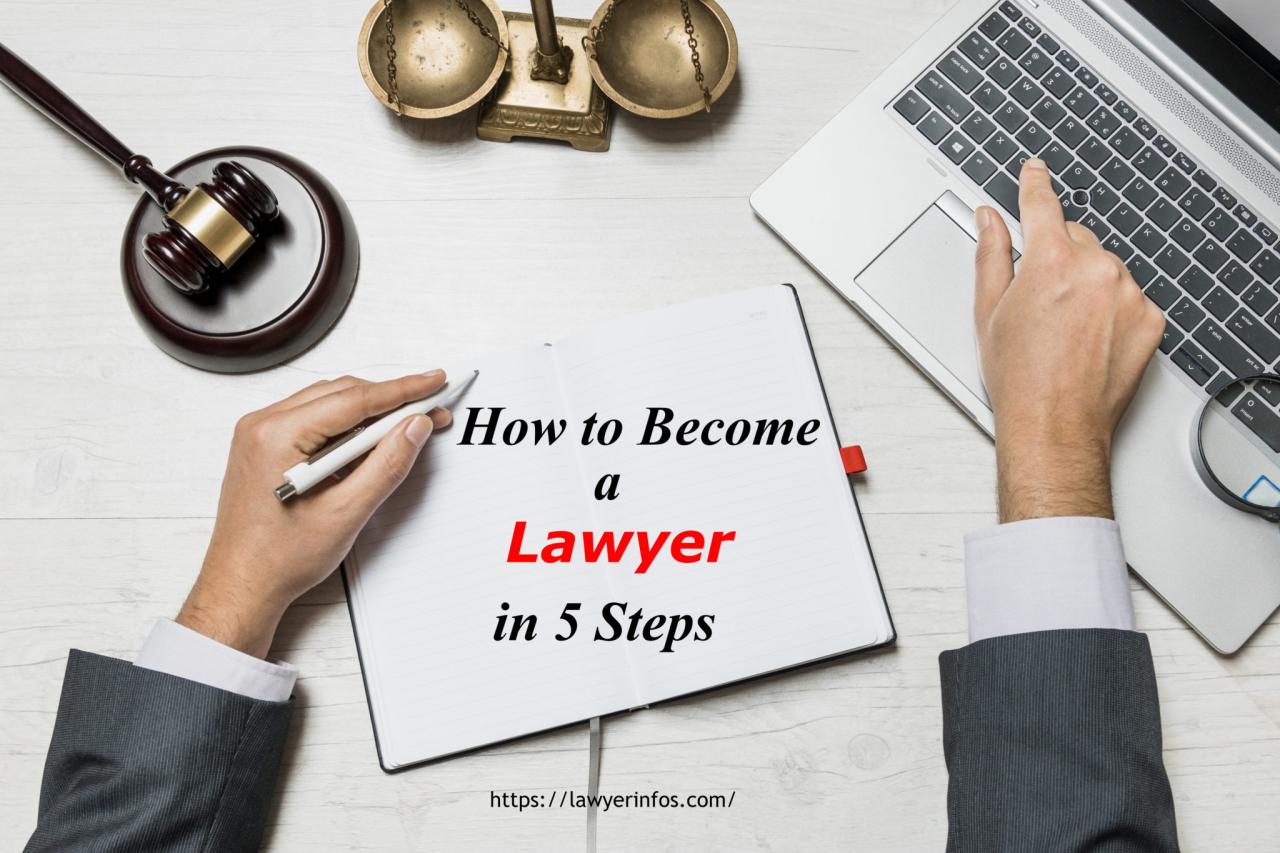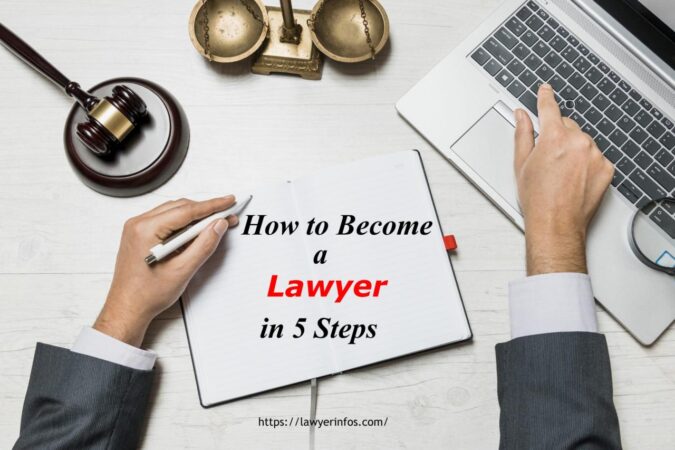
Understanding the Legal Needs
Legal assistance is crucial when individuals encounter situations involving legal matters. These scenarios can range from personal to professional contexts, affecting both individuals and businesses.
Seeking legal representation becomes necessary when facing complex legal issues. Common situations include:
- Criminal charges: When accused of a crime, an attorney can provide guidance and representation throughout the legal process.
- Civil disputes: In cases of disagreements between parties, a lawyer can help resolve issues through negotiation or litigation.
- Business matters: Attorneys provide legal counsel for business formation, contract drafting, and other corporate matters.
- Family law: Lawyers assist with legal aspects of marriage, divorce, child custody, and other family-related matters.
- Estate planning: Attorneys help create wills, trusts, and other legal documents to ensure the distribution of assets after death.
Consulting with a lawyer offers several benefits. Attorneys possess legal knowledge and expertise, enabling them to provide informed advice and represent clients effectively. They can help individuals understand their legal rights and obligations, navigate legal processes, and protect their interests. Seeking legal guidance can save time, prevent costly mistakes, and provide peace of mind during challenging situations.
Identifying the Right Lawyer

Selecting the right lawyer is crucial for the successful resolution of your legal matter. Lawyers specialize in different areas of law, and it’s essential to find one who has the expertise and experience to handle your specific legal needs.
Researching Potential Lawyers
- Online Directories: Websites like Martindale-Hubbell and Avvo provide profiles of lawyers, including their experience, specialties, and client reviews.
- Bar Associations: Local and state bar associations often maintain directories of lawyers in their jurisdictions.
- Referrals: Ask friends, family members, or other professionals for recommendations of lawyers they have worked with.
Evaluating Potential Lawyers
Once you have identified a few potential lawyers, it’s important to evaluate their qualifications and experience. Consider the following factors:
- Experience: How long has the lawyer been practicing law? Do they have experience handling cases similar to yours?
- Specialization: Some lawyers focus on specific areas of law, such as criminal defense, family law, or personal injury. Find a lawyer who specializes in your legal issue.
- Reputation: Check online reviews and testimonials to get an idea of the lawyer’s reputation among clients and peers.
- Communication Skills: It’s important to find a lawyer who can clearly explain your legal options and keep you informed about your case.
Selecting a Lawyer
After evaluating the potential lawyers, choose the one who you believe is the best fit for your needs. Consider their experience, specialization, reputation, and communication skills. It’s also important to feel comfortable with the lawyer and trust their judgment.
Preparing for the Consultation
To maximize the effectiveness of your initial consultation with a lawyer, thorough preparation is crucial. By gathering relevant documents, formulating clear questions, and understanding your legal concerns, you can ensure a productive and informative meeting.
The following steps will guide you in preparing for your consultation:
Gathering Relevant Documents and Information
Compile all documents pertinent to your legal issue, including contracts, court orders, correspondence, and financial records. These documents will provide the lawyer with a comprehensive understanding of your situation and enable them to provide tailored advice.
Additionally, gather information about the parties involved, including their names, addresses, and contact details. This information will assist the lawyer in identifying potential conflicts of interest and assessing the strengths and weaknesses of your case.
Preparing Questions and Articulating Legal Concerns
Before meeting with the lawyer, take the time to articulate your legal concerns clearly and concisely. Identify the specific issues you need assistance with and the desired outcome you seek.
Prepare a list of questions to ask the lawyer. These questions should address your concerns, explore potential legal options, and clarify the lawyer’s fees and billing practices. By asking informed questions, you can ensure that you fully understand your legal rights and the implications of your case.
The Lawyer-Client Relationship

The lawyer-client relationship is a fiduciary one, based on trust and confidence. Lawyers have a duty to act in the best interests of their clients and to maintain the confidentiality of all communications between them.
Clients, in turn, have a duty to be honest with their lawyers and to provide them with all relevant information. They also have a duty to pay their lawyers’ fees and to follow their advice.
Open Communication and Trust
Open communication and trust are essential to a successful lawyer-client relationship. Clients need to feel comfortable sharing all of their information with their lawyers, even if it is embarrassing or incriminating. Lawyers need to be able to trust that their clients are telling them the truth and that they will follow their advice.
The Lawyer-Client Privilege
The lawyer-client privilege is a legal privilege that protects communications between lawyers and their clients from being disclosed in court. This privilege is essential to the attorney-client relationship, as it allows clients to speak freely with their lawyers without fear of their communications being used against them.
The lawyer-client privilege applies to all communications between a lawyer and a client, whether they are oral, written, or electronic. It also applies to communications between a lawyer and a client’s agent, such as a paralegal or secretary.
There are a few exceptions to the lawyer-client privilege. For example, the privilege does not apply to communications that are made in furtherance of a crime or fraud. It also does not apply to communications that are made in the presence of a third party.
Understanding Legal Fees

Understanding legal fees is crucial for managing your legal expenses effectively. Legal fees vary depending on the type of arrangement, complexity of the case, and the lawyer’s experience.
Types of Legal Fee Arrangements
Hourly Rates:
– Lawyers charge an hourly rate for their time spent working on your case.
– The hourly rate is typically based on the lawyer’s experience, expertise, and location.
Flat Fees:
– Lawyers charge a fixed fee for specific legal services, such as drafting a contract or representing you in a simple case.
– Flat fees provide certainty in legal costs but may not be suitable for complex cases.
Contingency Fees:
– Lawyers receive a percentage of the settlement or verdict in your case as payment.
– Contingency fees are typically used in personal injury cases, where there is no upfront payment required.
Factors Influencing Legal Fees
– Complexity of the Case: Complex cases require more time and effort, resulting in higher fees.
– Lawyer’s Experience: Experienced lawyers typically charge higher hourly rates due to their knowledge and skills.
– Location: Legal fees can vary depending on the cost of living and demand for legal services in the area.
Tips for Negotiating and Managing Legal Fees
– Get a Written Fee Agreement: Clearly Artikel the scope of services, hourly rates, and payment terms.
– Negotiate Fees: Discuss fees with your lawyer and try to negotiate a reasonable rate.
– Track Expenses: Keep records of all legal expenses, including invoices and receipts.
– Consider Alternative Billing Options: Explore alternative billing arrangements, such as flat fees or value-based billing.
Alternative Dispute Resolution
In addition to traditional litigation, alternative dispute resolution (ADR) offers parties a range of options to resolve legal disputes outside of court. ADR methods include mediation, arbitration, and negotiation, each with its own advantages and disadvantages.
ADR is often more cost-effective, efficient, and flexible than litigation. It also allows parties to maintain control over the dispute resolution process and preserve their relationships.
Mediation
Mediation involves a neutral third party, known as a mediator, who facilitates discussions between the parties. The mediator helps parties identify common ground, explore settlement options, and reach mutually acceptable agreements.
Arbitration
Arbitration is a more formal process where a neutral third party, known as an arbitrator, hears evidence from both parties and makes a binding decision. Arbitration is generally faster and less expensive than litigation, but it also offers less flexibility and opportunity for party input.
Negotiation
Negotiation is a direct communication between the parties involved in a dispute. It can be facilitated by a lawyer or other neutral third party. Negotiation allows parties to retain control over the outcome and avoid the adversarial nature of litigation.
Lawyers play a vital role in helping clients explore and utilize ADR options. They can provide guidance on the most appropriate method for a particular dispute, facilitate communication between parties, and represent clients in ADR proceedings.
Legal Resources
Navigating the legal system can be challenging, especially for individuals with limited financial means. Fortunately, numerous resources are available to provide legal assistance and support.
Legal Aid Organizations
Legal aid organizations provide free or low-cost legal services to low-income individuals and families. These organizations offer a range of services, including legal advice, representation in court, and assistance with legal paperwork.
Pro Bono Services
Pro bono services are legal services provided by lawyers who volunteer their time for free. Many law firms and legal aid organizations offer pro bono services to those who cannot afford to pay for legal representation.
Legal Clinics and Law Schools
Legal clinics and law schools provide legal assistance to the public under the supervision of experienced attorneys. These clinics offer a variety of services, including legal advice, representation in court, and legal research.
Online Legal Resources
The internet provides access to a wealth of legal resources and self-help tools. Many legal aid organizations and government agencies offer online resources that can help individuals understand their legal rights and options.





